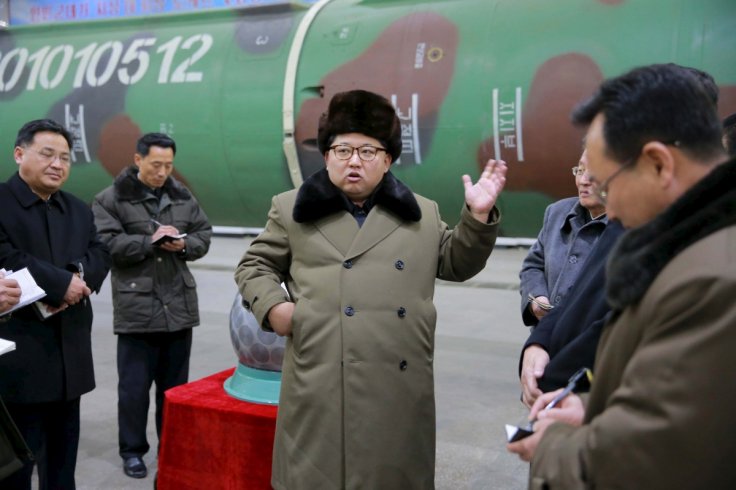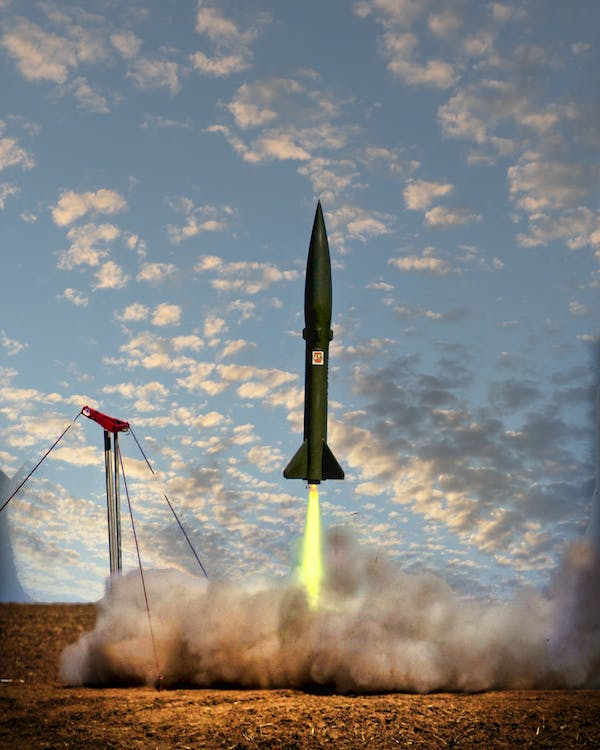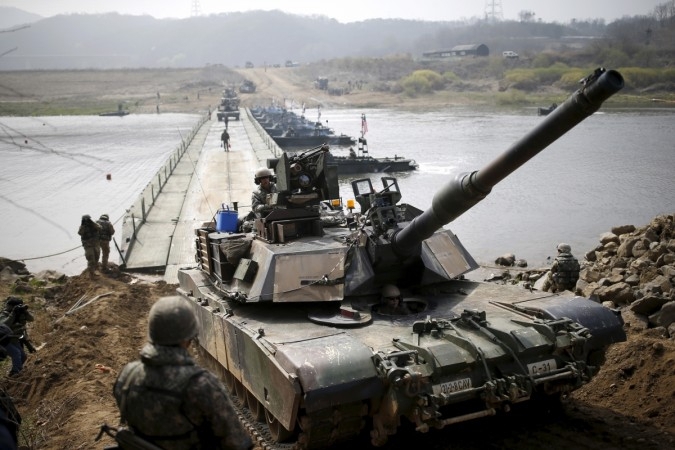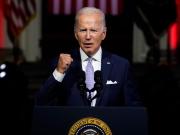Under President Yoon Suk-yeol, who took office earlier last year, South Korea has all but abandoned the dovish policy towards North Korea and is looking to bolster its security by becoming stronger militarily.
There is also increasing popular pressure to take all necessary steps towards protecting the nation from the rising threat from North Korea, including by developing nuclear weapons. An opinion poll conducted by Chicago Council on Global Affairs last year showed that a whopping 71 percent of the respondents supported the country making nuclear weapons.

There is also decreasing trust in the US-South Korea security agreements. Though the US has included South Korea in its nuclear umbrella programme and assures to protect Seoul against any attack from Pyongyang, the South Koreans are increasingly frustrated with the quick weaponization North Korea has undergone in recent years.
Here's the Situation Captured in 10 Points:
1. The US has stoutly refused so far to accept that North Korea is a nuclear state but the reality is that Pyongyang has amassed enough nuclear weapons and developed intercontinental ballistic missiles to pose a real and clear threat to the existence of South Korea.
2. The denuclearization of the Korean peninsula remains a pipe dream and will become increasingly difficult in the coming years. The Korean denuclearization aims to achieve 'complete, verifiable, irreversible dismantlement'. However, it is ridiculous to expect Kim Jong-Un to abandon his nuclear bomb and sit down for talks with Seoul and Washington.

3. The US has stationed significant military assets in South Korea, which apparently provides deterrence against a possible North Korean strike. However, the level of efficacy of the deterrence has been declining in recent years. For example, 2022 witnessed Pyongyang launching multiple ICBM tests with impunity.
5. In order for the deterrence to become more effective, South Korea at this point wants the US to redeploy tactical nuclear weapons on the Korean Peninsula. However, the US is not in favor of taking such a step, triggering concerns in Seoul's security establishment about the seriousness of the US commitment.
6. Earlier this month South Korean President Yoon Suk-yeol said Seoul would think about making nuclear weapons if North Korea's nuclear threat increases. "We can have our own nuclear weapons pretty quickly, given our scientific and technological capabilities ..." the president said.

7. According to nuclear experts, South Korea does not have the inventory of bomb-grade plutonium or uranium. However, it has had an active civilian nuclear programme in the last 50 years and it can redirect and repurpose the reactors to produce the plutonium bomb fuel.
8. Another challenge pertains to the delivery systems for the nuclear warheads. South Korea will have to build ballistic missiles, cruise missiles, submarine-launched missiles to complete the nuclear weaponization. However, for highly technologially advanced country like South Korea, this will not be a difficult task.
9. There will be a political fallout if South Korea goes ahead with nuclear weapons. In all likelihood the US will end its support to Seoul under the 'nuclear umbrella' program. Seoul will have to rely mostly on its own military capabilities in the intervening years before it actually develops a credible stockpile of nuclear weapons.
10. If South Korea does go ahead and make nuclear weapons, the entire Asian arms race scenario will undergo changes. In case Seoul breaks free of the US security umbrella and goes nuclear, Japan will likely follow suit. This will mark the formal breaking up of the nuclear disarmament concept and fuel a further nuclear arms race in the region.









